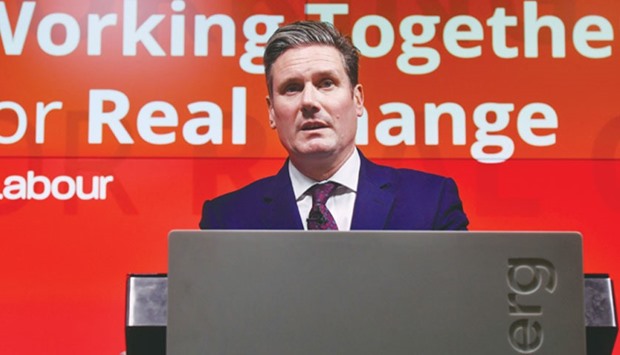Britain is naive to expect a “free lunch” in trade negotiations with the EU, according to a scathing House of Lords report that calls for a transition phase to ease the pain.
“The notion that a country can have complete regulatory sovereignty while engaging in comprehensive free trade with partners is based on a misunderstanding of the nature of free trade,” said the cross-party group of peers.
The report, the second of six parliamentary studies on the mechanics of Brexit out this week, also accuses the government of underestimating the consequences of its limited negotiating position.
“We recognise that the government is engaging with industry stakeholders but are not convinced that the level of engagement and expertise within government are commensurate with the scale of this unprecedented task, particularly given the government’s commitment to trigger Article 50 by the end of March 2017,” wrote the Lords’ EU internal market and EU external affairs sub-committees.
Peers took evidence on four main options facing the government: remaining in the European Free Trade Association (EFTA) like Switzerland or Norway, a more limited Turkish-style position inside the customs union, a free trade agreement (FTA) similar to that negotiated by Canada or falling back on the system of international tariffs agreed by the World Trade Organisation (WTO).
But expert witnesses warned that all the options involved weighing up the economic benefits of trade against lost political independence, leaving no foreseeable scenario where Britain was in a stronger position outside the single market. “There is no free lunch,” said Dr Ulf Sverdrup, director of the Norwegian Institute of International Affairs.
Far from escaping the protectionism of ‘Fortress Europe’, as some Brexit supporters have promised, walking away entirely and relying on the WTO tariff regime could both push up food prices and introduce huge uncertainty for UK farmers who would have to fight to inherit quotas agreed under opaque WTO “schedules”.
“There will be much more severe restrictions in certain sectors, primarily agriculture, than we face at the moment as a member of the single market,” said Richard Eglin, a senior trade advisor with the law firm White and Case.
“While the UK could unilaterally decide to lower its tariffs on agricultural goods, this could complicate the process of agreement to its schedules and reduce its leverage in future FTA negotiations, as the UK would be less able to offer preferential terms to other countries,” explained the report.
Other British companies, such as airlines, faced a devastating loss of competitive advantage if the UK moves abruptly from the single market without some form of negotiated trade agreement to replace it.
Aviation “is hardly touched upon by WTO commitments”, said Piet Eeckhout, a professor of EU law at University College London, while in the single market “you have a full single market in aviation”, where “any EU airline … can perform freely any flights across the European internal market”.
Government witnesses said they were keeping an open mind about different approaches to the problem and were confident of a strong negotiating position.

Labour Party shadow secretary of state for exiting the European Union (Brexit), Keir Starmer, delivers a speech on Labour’s priorities for Brexit negotiations in the city of London yesterday.
